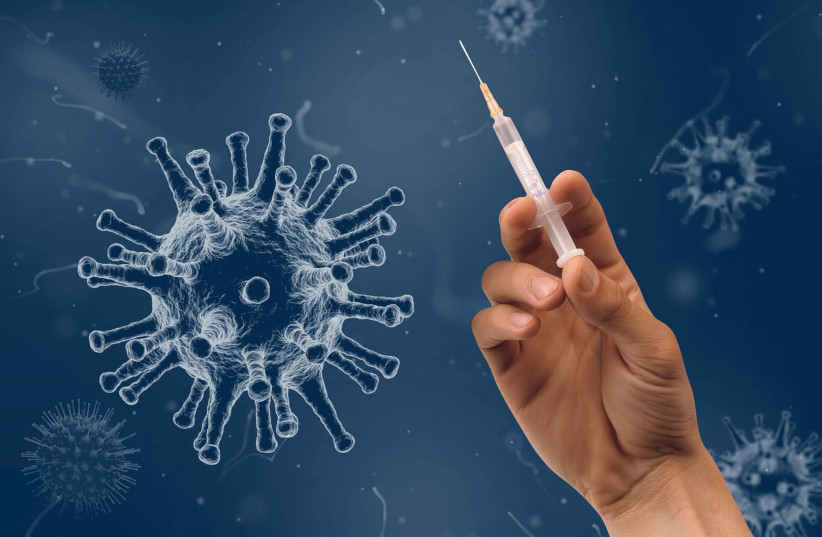Rates of postpartum depression among American mothers, including anxiety and hopelessness, rose during the first year of the COVID-19 pandemic, a new study by the UVA Health academic medical center in Charlottesville, Virginia reveals.
The research, published in the Journal of Psychiatric Research, analyzed more than 278,000 responses between January 2018 and March 2021 to a post-pregnancy survey on the Flo app, which assists women in tracking their menstrual cycle mood or physical symptoms during and post-pregnancy.
The findings were then synced with US government data on both COVID-19 cases and deaths from March 2020 through March 2021, and unemployment.
It surprisingly found that states with a greater increase in postpartum depression symptoms tended to have fewer deaths from COVID and lower unemployment rates among women.
Researchers provided a possible explanation for this, stating that women in those states had less access to their support systems, which previous research has shown helps women from developing postpartum depression.

“Because postpartum depression not only has deleterious effects on the mother but also on the child, it’s important that we identify risk factors as well as protective factors," according to Dr. Jennifer L. Payne, the study’s senior author. “The pandemic clearly increased the risk for postpartum depression symptoms.”
Overall, national rates of postpartum depression increased from 6.5% to 6.9% during the pandemic's first year.
A study published last month found that depression during COVID-19 also affected new moms in other countries.
A large international study headed by Israeli researchers, which looked at Israel, Albania, Bulgaria, Cyprus, Greece, Malta, Portugal, Spain, the United Kingdom, Turkey, Brazil and Chile, questioned 7,642 women worldwide, including 730 Jewish and Arab-Israeli women.
In the Israel section of the research, the team found that 58% of Arab women reported significant symptoms of depression compared with 36% of Jewish women. The incidence of postpartum depression symptoms was three times as high among unemployed women. Overall, it reported a 3.5-fold increase in depression during COVID-19.
Judy Siegel-Itzkovich contributed to this report.
